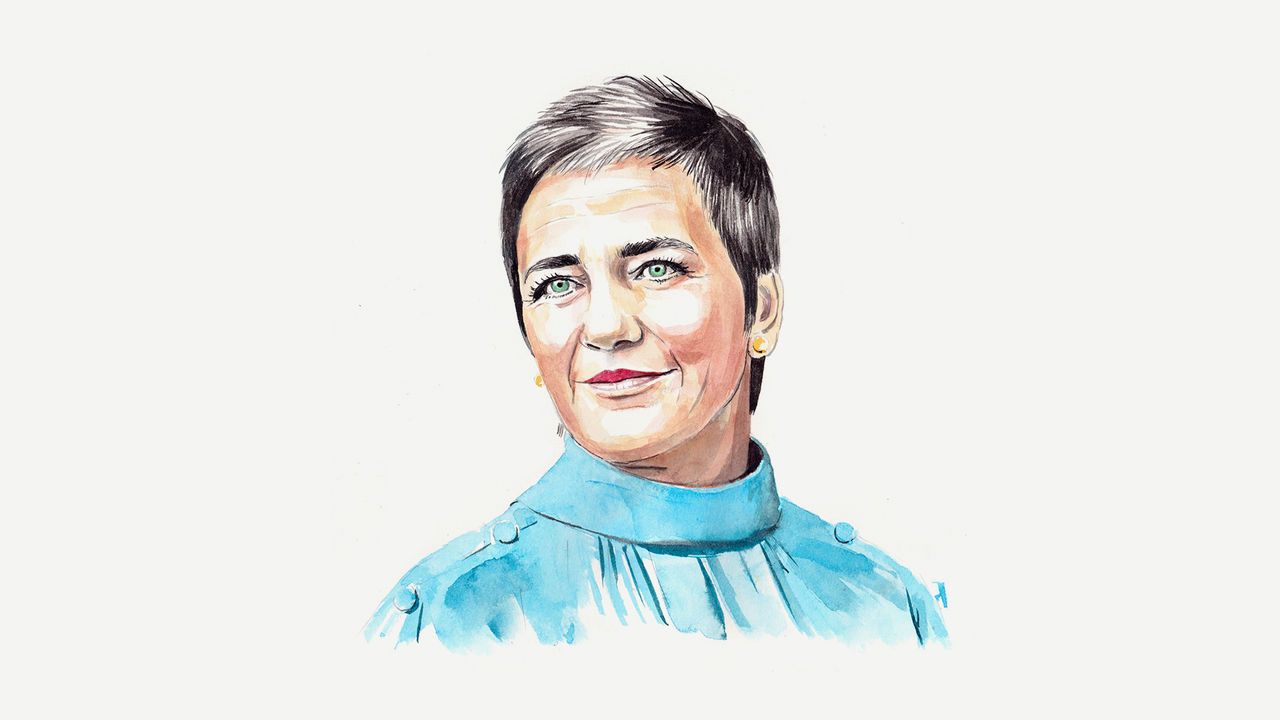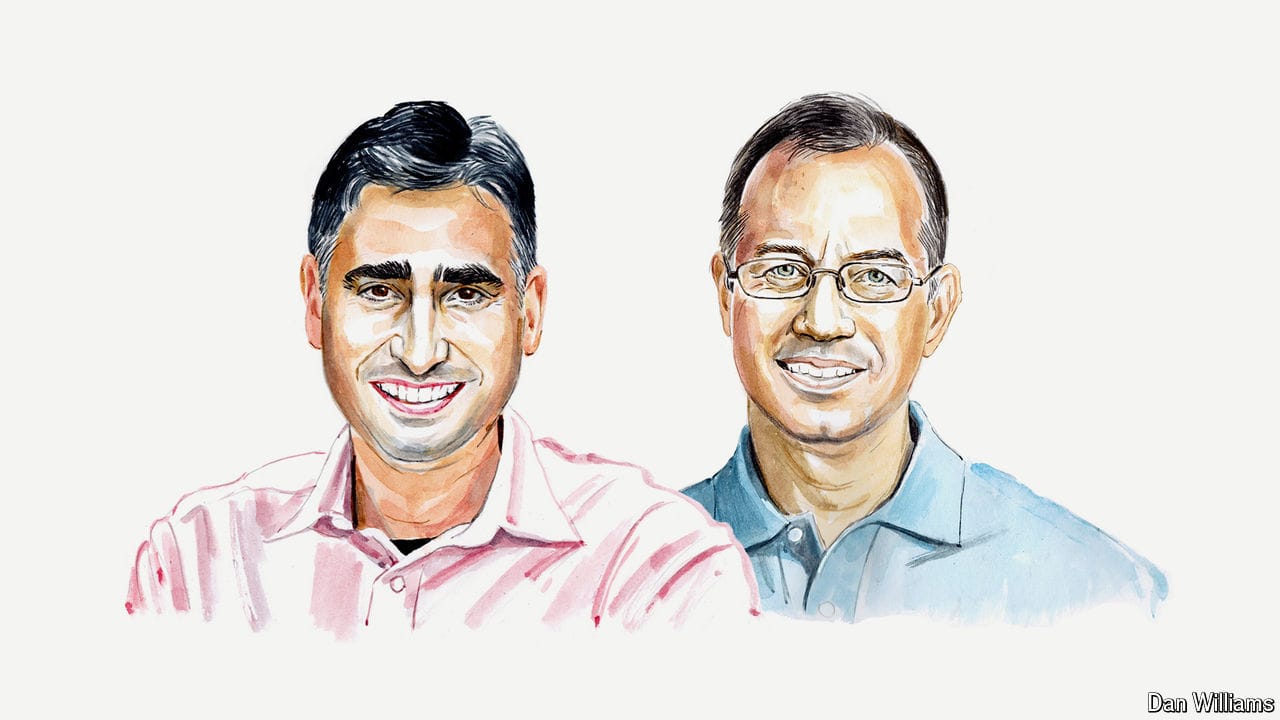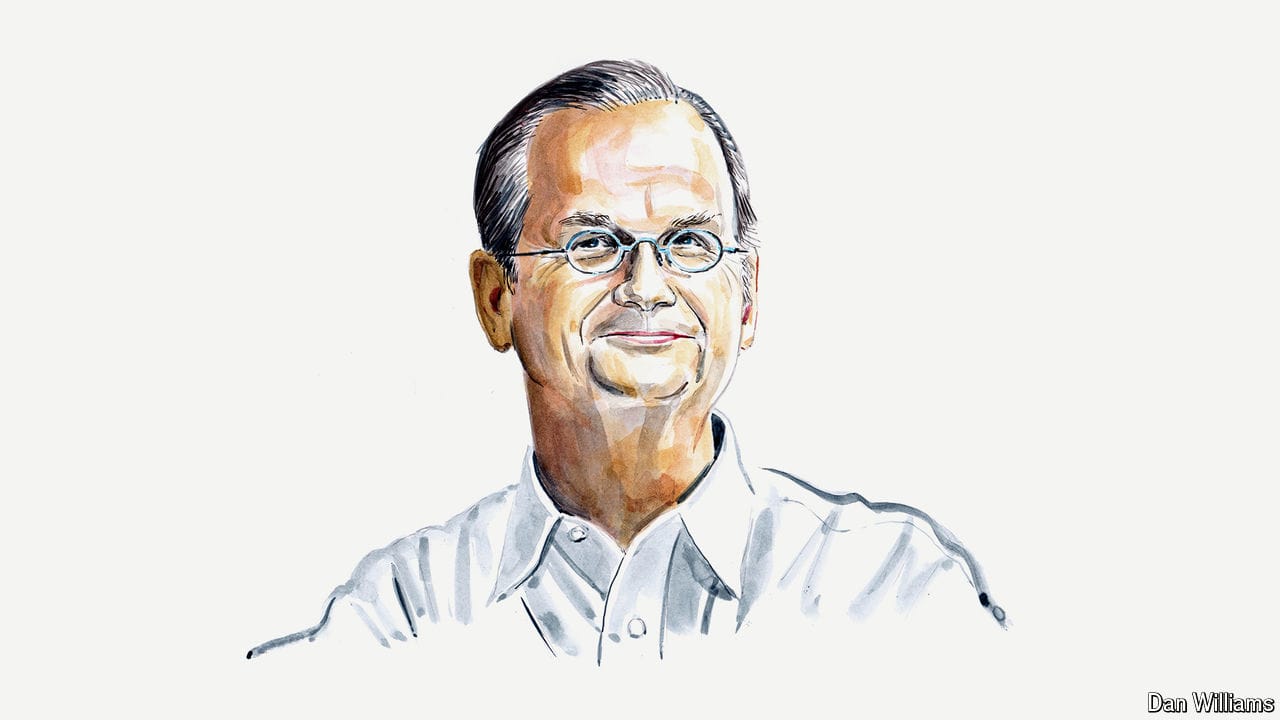A whack-a-mole approach to big tech won’t do, says Europe’s antitrust chief
Margrethe Vestager insists that openness need not come at the expense of security

AS DIGITISATION HAS progressed, we have seen power become increasingly concentrated in the hands of a small number of companies, much like the period that spawned the first antitrust laws in the late 19th century. Digital markets are particularly susceptible to concentration.
We have seen a lot. One example is digital giants pushing their own services on the platforms they control, while making it difficult for consumers to find rival services. Years of experience in antitrust enforcement showed us that this held back innovation and growth of new business models, to the detriment of citizens and society as a whole.
More from By Invitation

Keep the code behind AI open, say two entrepreneurs
Martin Casado and Ion Stoica argue that open-source models will power innovation without compromising security

Not all AI models should be freely available, argues a legal scholar
The more capable they are, the greater the risk of catastrophe, reckons Lawrence Lessig

Neil Kinnock on the post-war-like challenges facing Keir Starmer
A lack of social cohesion compared with 1945 makes them even more daunting, says the former Labour leader and Starmer confidant
A prominent donor on why the Democrats shouldn’t anoint Kamala Harris
A competition to replace Joe Biden would better serve the party, and the country, argues Joe Ravitch
Halt the Olympics to save the planet, pleads a sports historian
David Goldblatt thinks pausing the spectacle might jolt the world into grasping the severity of the climate challenge
Rachael “Raygun” Gunn on the new sport that will invigorate the Olympics
The Australian breaker hopes we’ll all soon be talking about B-Girls, B-Boys and double airflares